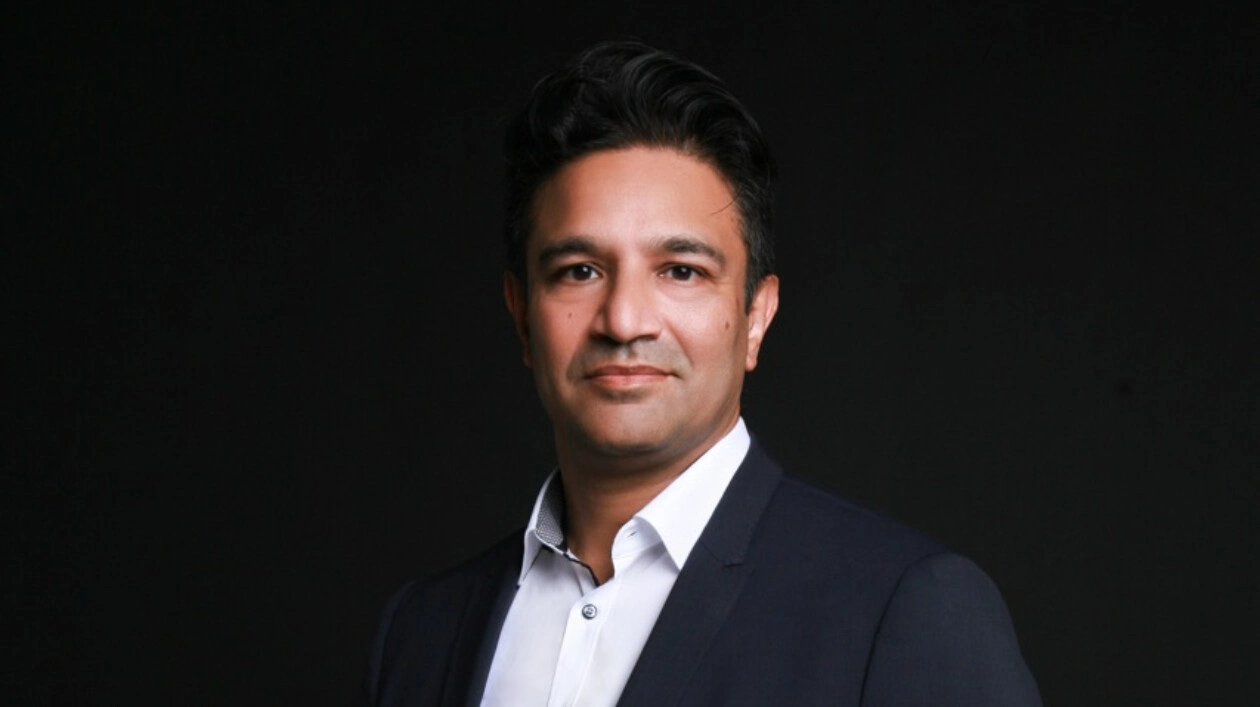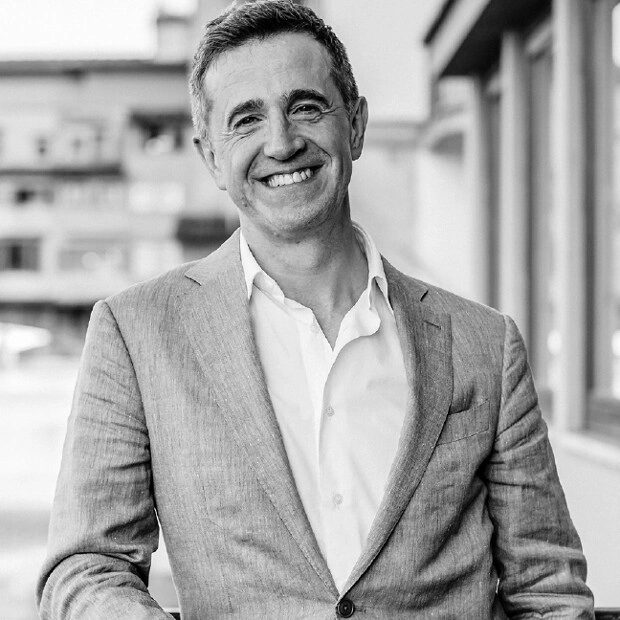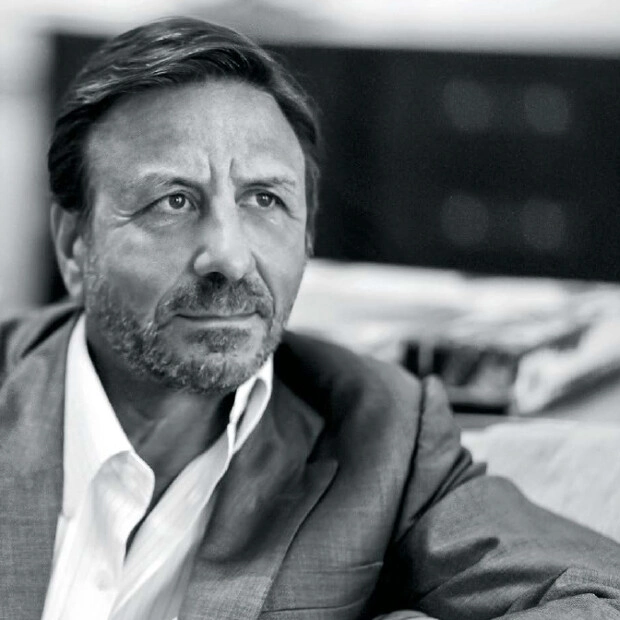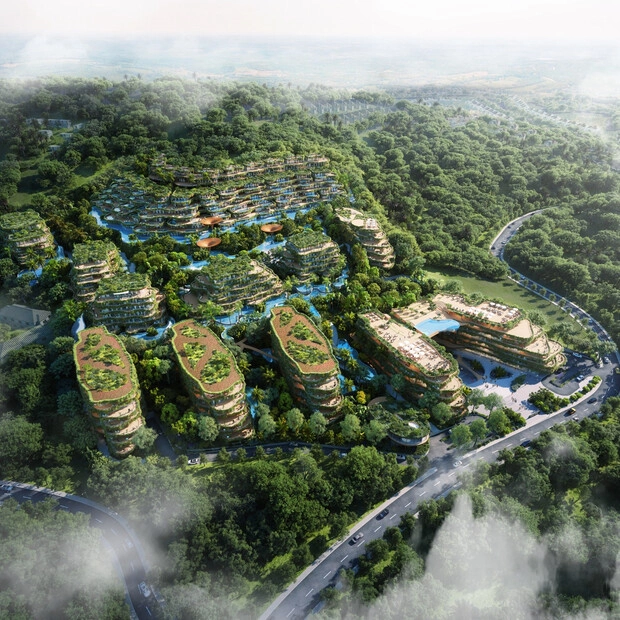We know that Dubai is today’s Golden Apple. Some call it the City of the Future, because of technologies that are borderline science fiction. The world out of imagination is real, and the biggest danger using smartphones is not nomophobia. Are we aware how close we are to the revolutionary changes that AI is bringing to civilization? Arguably not so much. That’s until you read the exclusive interview AMD’s Corporate VP Global OEM Sales Mario Silveira gave to Lara Palmer.
LARA PALMER: Let’s talk about digital transformation across the Gulf region. There’s this opinion that Dubai is the personification of the “city of the future”. What is your perception?
MARIO SILVEIRA: Looking at the whole Middle East and specifically Saudi Arabia and Emirates, especially Abu Dhabi and Dubai, I do believe there is an obvious transformative spirit and openness towards the future. It’s a reflection of the mentality and the vision of the high growth in leading edge technology sectors. You can see it in automation, virtualization, as well as in AI and digital transformation... There are so many examples of thought leadership in these sectors across the region. That spirit of innovation permeates through multiple layers and to all the verticals of the market.
LARA PALMER: Could you give us couple of examples of this digital transformation?
MARIO SILVEIRA: Yes sure, education, aviation, or telco... that spirit is just visible everywhere. It is really an outstanding number of projects and investments. You know, the Abu Dhabi police with their vision of how they’re interacting with data and citizenship is outstanding. Also, the universities. When it comes to high performance computing, the New York University of Abu Dhabi has taken High Performance Computing to the bleeding edge. It’s like the F1 of computing and that vision is inspiring for the whole region.
LARA PALMER: What opportunities does investment in digital economies of Gulf States enable for silicon providers?
MARIO SILVEIRA: On the back of that innovative spirit, we can see the vision of the investments flowing across all the ecosystems. If you think about how easy banking is made within Dubai and the Emirates, when you look at how proliferated compute is when it comes to interaction with the governments, it gives us clear opportunity to participate. There’s a tipping point where all the elements like AI, metaverse and other technologies permeate worldwide markets, and this seems to always being grasped here. Investments are made at the pulse of time. And that is something we really love, support and enjoy as an industry.
LARA PALMER: What are the key emerging markets that you are looking to grow regional sales in?
MARIO SILVEIRA: For us the data center market is a massive opportunity. We do believe that with these elements around AI there’s going to be a revolution in the way we interact. Thinking of the navigation systems that initially used to work 20 years ago when you had a separate device to type in addresses and then you had to carry it around, now everything is integrated into our phones, and we take it as a seamless solution. In the same way, AI today is still something that is happening at the desk — specifically that you must interact within the cloud. I think it becomes interesting when integration in the ecosystem really becomes seamless. You see AI active in the cloud, but also in edge devices. Thinking about navigation — basically your car is already being configured to know where you want to go without you having to enter anything manually, because the system notices that you’re approaching the car, and it sees that the next meeting spot has been added as a location. That anticipatory behavior will make our lives so much easier and that explicit interaction of hav- ing to activate something won’t be needed. This is just a small element. I believe that education will be at a new level because now an AI tutor would be constantly helping and supporting a child to learn wherever the child is. Not where the class is or where the teacher wants to be, but whenever the child is ready. It can be picked up taken on the journey. Sometimes we run around with helpful devices that are monitoring and tracking us. How about an AI system anticipating what we need to do next to stay healthy? And maybe also giving advice on how we must interact with food nutrition or sports and activities. All that can make our lives so much more comfortable but also better in quality and length.
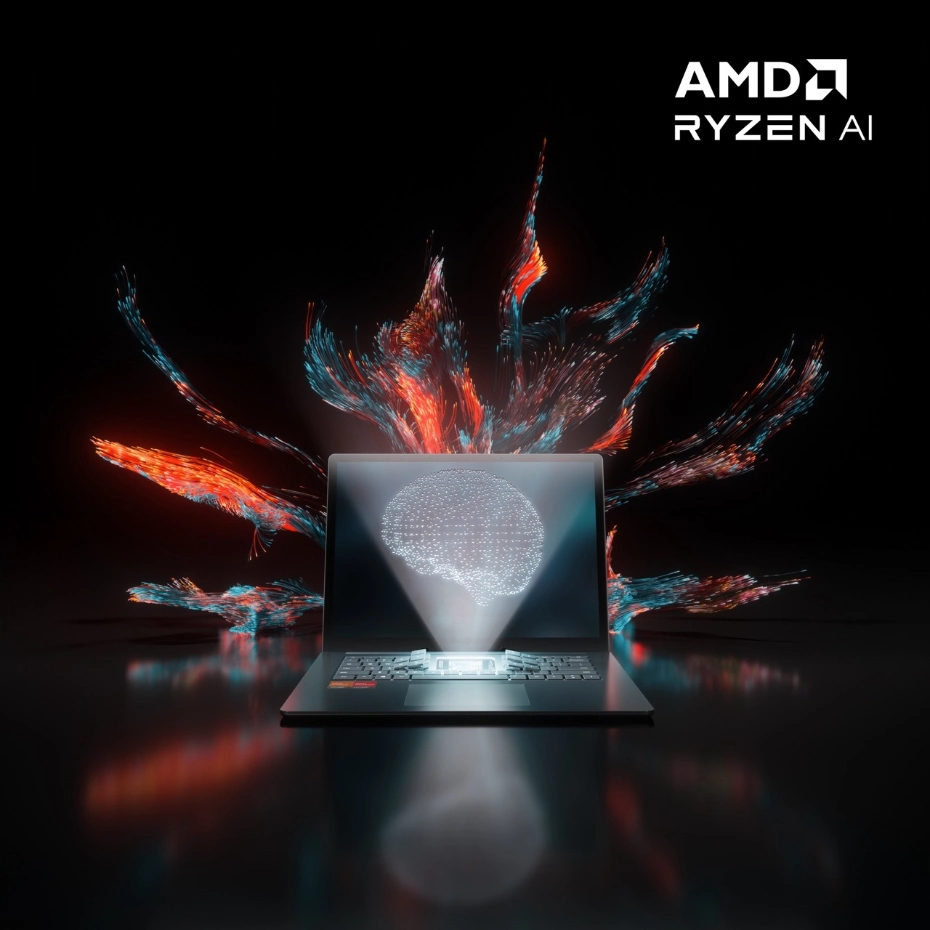
LARA PALMER: I remember the time when I used paper maps.
MARIO SILVEIRA: Yes, exactly. You had to prepare for a day or two to memorize where you wanted to go. And I can tell you that there’s been quite a lot of friction in relationships because somebody wasn’t reading the map correctly while the other person was driving. Now it’s getting to the next level with AI. Some industries will be revolutionized. If you think about art, we’re already seeing today that AI can be creative. It can combine the data from pictures and audio in a completely new way. If you’re an artist and you’re creating music — AI can support you. If you’re a programming developer and you used to have a team of 4-5 programmers who would support you in developing new code to solve a problem, now you’ve got AI that can support you. So, there are multiple aspects of how AI will help us to evolve the way we think about technology in general; it’ll be much more seamless. Talking about learning languages, you can correspond now with somebody in any language and be instantly corrected, giving you an opportunity to interact in a very professional way to learn languages at a completely new level. If you don’t have a simultaneous translator, your AI can help you to translate everything.
LARA PALMER: Do you think that AI could totally take the place of people professionally?
MARIO SILVEIRA: I think there’s always that fear of the unknown. But as human beings, we are continuously improving and moving forwards. I do imagine that there will be people ready to embrace AI and there will also be a huge number of people around the globe that will have a different view of AI. Some will allow their mobile phones to help but will turn off their mobile phone when they go to bed, while others will never turn off their mobile phone.
LARA PALMER: Hopefully people will rule gadgets.
MARIO SILVEIRA: I think that is a fair point. I mean, regulation of AI is important. We are supporting many institutions like the OECD that are govern- ing the interaction with AI. For me a good analogy is traffic. We’ve got cars, but if there are no rules and regulations it would be chaotic. The accepted guidance basically sets the boundaries of interaction. I think it’s very important. Some people choose to drive slower, some people choose to drive faster in traffic, but the rules are still there as a guide. It will still be left for human beings to clearly govern, manage, and interact with AI.
LARA PALMER: How would you describe embracing this AI innovation boom?
MARIO SILVEIRA: I would say it feels a bit like the late 80s to early 90s when the Internet was a scary idea. Like ‘Are we going to lose all our finances?’ We had companies who asked questions like ‘Do I need a web page? Why do I need a web page? Isn’t this just a hobby project of the IT department?’ And nowadays we couldn’t imagine not having the Internet and the World Wide Web supporting commerce, education, everything that we do. It has become an integral part of our lives, and all the fear of the uncertainty has evaporated.
LARA PALMER: AI has come of age in 2023 and was one of the main talking points of GITEX Global 2023: what is AMD’s strategy for becoming a leader in AI silicon solutions?
MARIO SILVEIRA: The beauty for us is that we’re already shipping AI enabled CPUs today. They are out there with our “Phoenix” lineup of mobile products; they are available already today on the market. The reality is that whatever we’re seeing today in the interaction with systems that are AI enabled are still limited by the available applications that are out there. We believe that we must always be the pioneers because you do need hard- ware to enable software.
Without the software running on enabled hardware, there’s a disconnect. So, what we try to do is develop that capability with our CPU’s, GPUs & FPG cards and we try to develop from the cloud, data center to the edge. We have products that will be available in all business segments to enable the ecosystem and development ecosystem that leaders in software and apps need.
LARA PALMER: What are your customers’ (globally and in the region) main priorities when it comes to using AI? What are the opportunities and challenges?
MARIO SILVEIRA: That is a broad question. Our customers are are at various states in their journey about how they want to interact with AI. And the opportunities depend on the sectors that you look at. For example in security AI could protect your systems in a very professional way, anticipating behavioral patterns, making sure that anything that deviates from the norm gets captured and avoided. In aviation, reading data in real time, anticipating challenges, interacting with the systems can create a safer flight path. Then, thinking about electric grids, you could better manage usage spikes and anticipate the needs.
In the healthcare sector for example, AI can support analyzing an MRI scan. The next step could be combining multiple MRIs to anticipate what potential health risk is there for the patient much earlier on.
Another example could be performance data in sports that can show what the heart rate and oxygen level in your blood is at the beginning,, the middle and at the end of a game; and through that build completely new insights by comparing it to the nutrition you consumed, the sleep you had, and many other data points. And create a model that supports and serves the athlete.
So, to answer your question: it is limitless what AI can do for us. I think it all depends on our willingness — how much data we want to serve the AI models and how much time we want to invest on training the models.
LARA PALMER: When and under what conditions will AI’s full potential be realized?
MARIO SILVEIRA: I think that’s a very good question. I do believe that when it’s permeated all levels of our life and it’s not just open AI or a cloud solution. When it is interacting with us all the time, then we will see the full potential of it. I don’t think any of us envisioned when the first smartphone with a touchscreen came out how we would find a restaurant, be guided to the place we want to go, shop online, be entertained or find friends. The way we interact was revolutionized.
LARA PALMER: Tell us about the most interesting AMD products.
MARIO SILVEIRA: All our products are developed to support the industry and the market. CPU is a core point of interaction that enables basically all the devices we nowadays work with. GPUs are going to provide a massive acceleration in combination with the CPU. And it’s again about the workload. CPU is a model for us to interact with any data where you need peak-performance and where there is a high element of repetition. The graphics card is something where you do multiple things and iterations at the same time. Seeing that happen at the same time and combining the capabilities of both sides together is really something that enables the market to grow. We do believe the data center solutions we have, not only in our EPYC processors but also our Instinct data center graphics cards, are going to bring a dynamic to the market that it hasn’t seen yet. The strength of our products will create an impulse that is going to meet the needs of the computing world and global industries. We do believe that it is going to cause a huge inflection point.
LARA PALMER: Can you tell us more about your open ecosystem that helps to solve the world’s toughest challenges?
MARIO SILVEIRA: We fundamentally believe in an open ecosystem. We believe that partners and customers want to have choice, they want to adapt. We believe that one is boxing himself in by committing to just one ecosystem in a market that is so dynamic and constantly evolving with AI. So, everything that we do is based on having an open ecosystem that gives the customer a choice, providing the opportunity to pick the best solution in the market.
LARA PALMER: What negative consequences of AI usage do you see?
MARIO SILVEIRA: I am an optimist. So, I do believe whenever there’s a way to potentially see a negative of how technology could be used, it’s better to see focus on the opportunities and positivity around it. I do believe it means a lot of change for us across the globe. Until the early 1900s, horse carriages were a full-fledged industry; until we harnessed mineral oil and electricity, whale oil was used to light lamps and was a big industry; but with new technologies, those industries basically died overnight, or within a decade, and completely new industries evolved. For me that is the way I look at where we are with AI. I do believe there will be changes. I do believe those changes will be dramatic in certain industries. But I do believe there’s going to be a lot of new opportunities. We will see how AI opens doors and gives us new opportunities to grow and think about business, human interaction, and joy. For me one of the most beneficial areas is education. I think AI will enable us to be smarter than ever if we choose to be.
